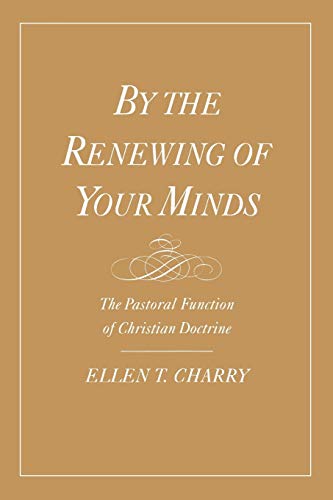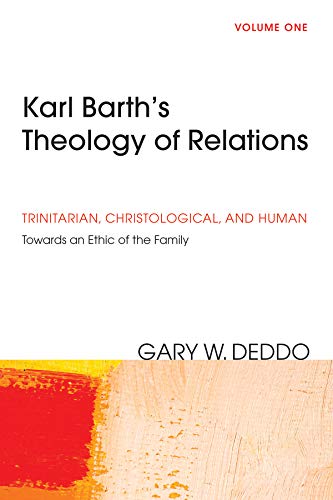Revisions of the Night: Politics and Promises in the Patriarchal Dreams of Genesis (JSOTS 288)
Written by Diana Lipton Reviewed By Laurence A. TurnerThis monograph addresses the nature and function of the patriarchal dreams in Genesis. As Lipton reminds her readers, such a work is long overdue. Previous research has treated the topic only as part of a much larger whole. Actually, Lipton’s focus is even narrower than her title suggests, for she largely ignores the Joseph narrative and confines herself to universally accepted dream passages in the Abraham and Jacob narratives, namely Genesis 20:1–18; 28:10–22; 31:10–13 and 31:24, as well as providing a detailed justification for including Genesis 15:1–21. The book breaks new ground methodologically by attempting a detailed close reading of the final form of passages (rather than hypothetically reconstructed originals), read against the background of relevant ancient Near Eastern texts.
There is much to commend in this book, not least the breadth and variety of its observations. For example, Lipton argues that Jacob’s dream in Genesis 28:10–22 is concerned largely with the issue of temple building. This might be difficult to maintain simply by studying the text in isolation, but Lipton makes a number of suggestive connections with the Gudea Cylinders, supported by post-biblical readings of the passage. In discussing Jacob’s dream of the speckled flocks (Gen. 31:10–13), she engages sensitively with the imagery of the dream, suggesting that ‘the animals that featured in Jacob’s deceit are now involved in the proof of his merit’ (139). She argues that Laban’s dream (Gen. 31:24) is integral to its context, and rightly takes issue with Westermann’s influential but doctrinaire assertion that it has no function in its current setting. At a more general level, she provides an illuminating excursus on the relationship between dreams and divination in the OT.
Nevertheless, I have a few quibbles. Lipton concludes that all of the dream narratives she exegetes share common motifs. The dreams are received in a period of anxiety or danger; concern descendants; indicate a change of status; highlight divine involvement; refer to relationships between Israelites and non-Israelites and are concerned with absence from the land. She concedes that these themes are not unique to dream passages, but claims that they ‘are surely the best examples of texts that combine all these themes to create a sense of perpetual divine stage-management’ (224–25). This is debatable. For example, the programmatic call of Abraham (Gen. 12:1–3), read in context, contains all of these motifs, certainly conveying a sense of divine stage-management, and there is not a dream in sight.
More space needs devoting to the dreams of the Joseph story. These are alluded to from time to time, but they receive no in-depth treatment. Perhaps Lipton is right to state that stylistically and theologically they belong to a different class. But I for one would like to be shown in more detail why this is the case. Their cursory treatment is all the more odd given Lipton’s concern to deal with the final form of the text. Finally, not all will be convinced by the slick manoeuvre that takes us from text to historical context. The content of the dreams might well be particularly relevant to those living in exile, as Lipton argues. That this indicates that the dream passages achieved their current form during the exile, as she also holds, makes relevance dictate origin—a dangerously subjective move.
Nevertheless none of these criticisms should detract from the fact that this book provides a step forward in the study of dream passages in Genesis, and in other OT texts. All future work in this area will need to refer to this stimulating study.
Laurence A. Turner
Newbold College, Bracknell







